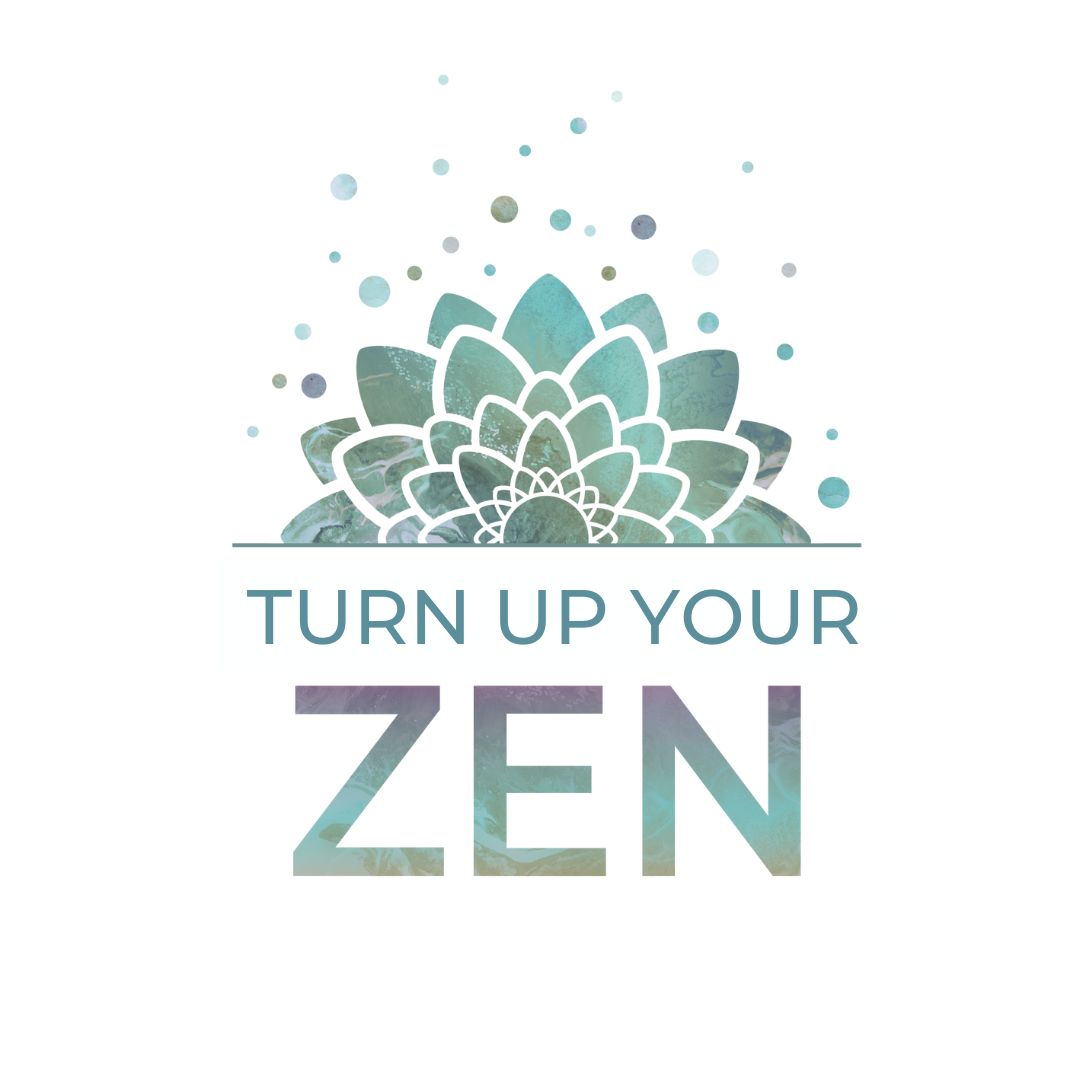Is therapy right for me?
How do I know if I’m ready?
It takes a lot of courage to come to therapy, and sometimes, just considering the first step can feel more like a leap when you aren’t sure if it’s for you, and if it is for you, are you ready? These are common questions I hear often, so in this blog, I’m going to unpack the stages of change and look at what you can expect in your first session, depending on which stage you are in.
Since COVID-19, open discussion about mental health has become more common and acceptable, but for some a stigma still remains with fear of judgement and rejection being the major concerns. Getting support to deal with difficult emotions, life challenges, relationship issues, or alcohol and drug use shouldn’t be viewed as a negative reflection on you as an individual, but rather a natural and normal part of being human. Just like other areas of our lives, the more resources you have access to, the better you can handle situations. If a household appliance isn’t working properly, you get it looked at so it works again, and the same is true for your mindset and mental health.
Untreated mental health issues often get worse because they lead to other issues like:
The thinking and behaviour that led you to where you are now, is often different to the thinking and behaviour that will help you find a path to wellbeing. And that’s where a therapist can help.
There are 6 stages of change.
At every stage, the counselling relationship is built on the understanding that you are the expert in your life and that we are collaborating together to create and reach the goals that are important to you. That process is different and unique to everyone. There’s no perfect time to start counselling, nor is there any better stage to be in when you start. You can experience the benefits of counselling at any of the 6 stages, as explained below.
Stage 1 - Pre-contemplation
If you are in this stage, you are not thinking about making change, in fact you most likely don’t see any need for it. You might be feeling pressured to come to therapy at the request of a partner, family member or friend, but you’re not really invested for yourself.
At this stage, counselling is a useful way of clarifying the issues that have brought you here and how you feel about them. It’s an opportunity to explore your perspective with a neutral third party who has no agenda other than to support you in getting clear on your values, priorities, and perspectives.
Questions we will explore at this stage include:
- What brings you to counselling?
- What’s important to you?
- What’s going well in your life? What’s not going so well?
Stage 2 - Contemplative
If you are in this stage, you’re considering change. You are not willing to commit just yet, but you are willing to explore your options.
At this stage counselling can be useful to explore your mixed feelings about making change and consider both the risks and rewards of change. This includes exploring any ambivalence or lack of motivation in a supportive and non-judgemental discussion.
Questions we will explore at this stage include:
- What are the issues you are considering changing?
- What would be the benefits of change?
- What would you lose if you were to change?
- What would those changes mean for you and the people in your life?
Stage 3 - Developing a Plan for Change
If you’re at this stage, you are ready for change. And whilst you may have mixed feelings, like fear and doubt, there might be excitement and anticipation too. You may have tried to make changes before, and regardless of their success, you are ready to leave behind painful or dysfunctional experiences.
At this stage, we explore the outcomes you want to see in your life, with a focus on where you want to go, rather than where you have been. This stage is all about tapping into the potential of your future and defining the action steps and resources you need to make it happen.
Questions we will explore at this stage include:
- What is it that you really want?
- What strengths and skills do you have to help you get there?
- What support, resources or skills do you need for change to happen?
Stage 4 - Implementing change
If you are at this stage, not only are you ready to make change, but you have a clear plan and you are ready to start acting on it. Despite feeling uncertain, a little awkward and possibly anxious, you may also feel excited by the possibilities of the new ways of experiencing your self and your life.
At this stage, you are open to therapeutic process and not only learning new skills but implementing them. This includes processing difficult emotions, developing new ways to communicate and connect, changing behaviour patterns, practising self-care and more. At this stage, it is not uncommon to experience self-judgement or imposter syndrome, and so we work through these natural and normal responses, to build self-confidence and self-advocacy.
Questions we will explore at this stage include:
- What’s going well right now?
- What are you finding difficult - and what obstacles are in the way?
- What thoughts and beliefs come up as you move closer to what you want in your life?
Stage 5 - Maintaining change
If you are in this stage, you have made changes and your counselling sessions will include celebrating what’s going well and how that feels to have overcome old habits and created change. We identify feelings of pride, success, and victory. We continue to refine your skills and give you access to more resources that support you maintaining success.
Questions we will explore at this stage include:
- What changes have you successfully made and maintained?
- How has making those changes impacted your life?
- Consider just how far you have come and notice how that feels?
Stage 6 - Relapse
If you are at this stage, you have most likely made changes and then slipped back into old habits either by a single slip-up, or a gradual decline. At this stage, counselling is helpful to explore the feelings like disappointment, guilt and shame that arise. It's normal and understandable to slip up, so we work through any self-judgment, developing self-compassion and resilience. We also identify the triggers that led to regressing and re-visit what worked well and what didn’t work well. This process is crucial for recognising strengths and limitations, as well as the additional resources that will help maintain new habits and ways of being.
Questions we will explore at this stage include:
- What led me to regress back into old patterns?
- What additional resources or skills do I need?
Regardless of which stage you are in, the counselling process is beneficial. Being human isn’t easy, and if you don’t have a supportive family or community to guide you, it can be even harder to do on your own. Talking to a trained professional not only helps you work through your problems, but helps you become the best version of yourself so life is joyful and rewarding.

